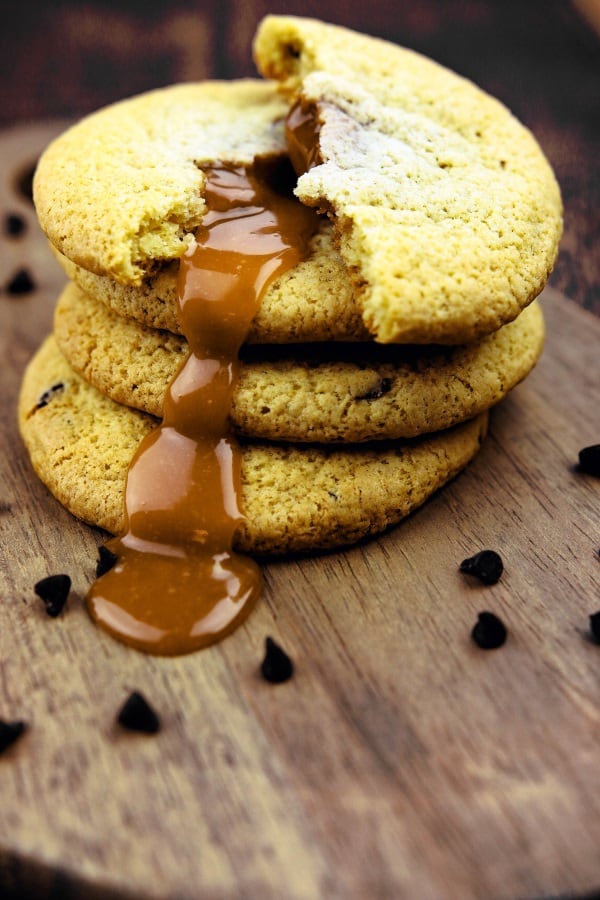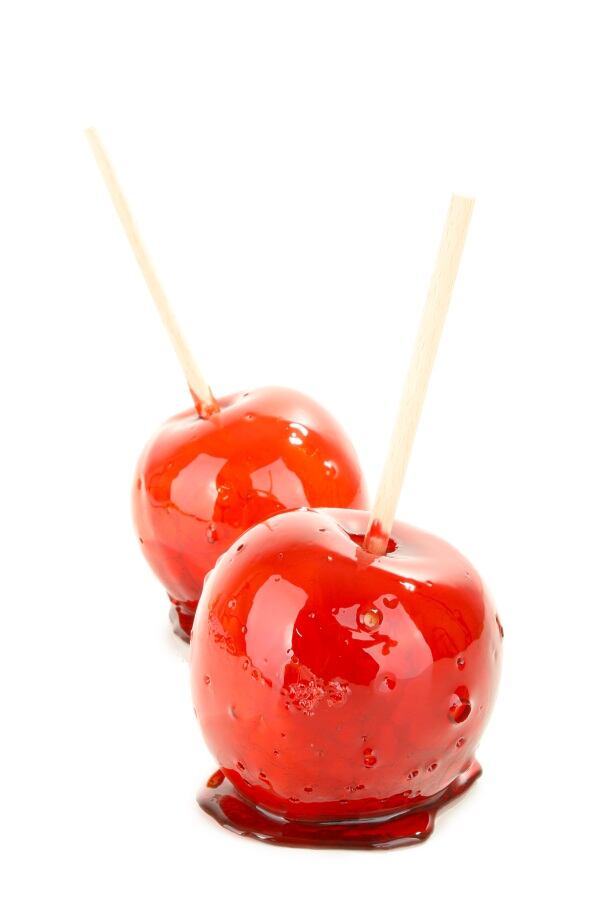The upgraded line consists of a pair of pressure/vacuum cookers and associated raw material supply, packing and cleaning equipment.
The £46m ($57.33m) ingredients company is gearing up to capitalize on the expanding UK caramel ingredients market, currently one of the largest in Europe and forecast to grow by a CAGR of 7.5% between 2016 and 2021, according to a report by Markets and Markets.
Additionally, Michael Schofield, marketing manager of Bakels told BakeryAndSnacks the company wants to capture the extended caramels market beyond British borders, as well as sectors outside bakery, for example ice cream and the on-the-go biscuit market.
“The UK market accounts for a large majority of Bakels’ business, with nearly 70% of this coming from retail and industrial customers. The remaining 30% make up sales to the craft sector and to Bakels’ sister companies and export customers,” he explained.
Go where the growth is
“Caramel has risen in popularity among consumers in recent years and today it is one of the most important products produced by British Bakels,” MD Paul Morrow added.
“We operate across all five continents, and with the global caramel ingredients market forecast to be worth £2.1bn ($2.65bn) by 2021, we made this investment to create a state-of-the-art caramel production facility to serve the Bakels Group and its customers worldwide.
“We believe we now have the production capability, backed by a strong team of food scientists and applications specialists, to compete with the very best,” he said.
The Millionaires Caramel and Banoffee toffee maker is equipped to produce a range of toppings and fillings for different applications for the industrial, instore bakeries (ISBs) and craft sectors, such as ready-to-use (RTU) caramel sauces and bakeable caramel solutions.

The new range
Millionaires Caramel
Millionaires Caramel Palm Free
Salted Caramel
Low aW Caramel
Neutral Caramel Base
Dulce de leche
RTU Caramel Sauce
Bakeable Caramel Filling
The line opens the door for products requiring very high temperature processing, such as caramelized syrups. A palm-free caramel – a choice that’s becoming increasingly made by consumers – is also available.
True caramel
Schofield said the new range is suitable for the on-the-go market, with a low water activity caramel for long shelf life products, such as bite-sized snacks and confectionery.
He explained that the lower level of water contained in low water activity (aW) caramels - compared to standard caramels - provides a binder for biscuit bars and eliminates water migration from the caramel, which extends shelf life.
Bakels also uses the traditional caramelization and Maillard Browning process that aids in producing consistent color and flavor and the new range will be branded as ‘true caramel.’
“Many other caramel products today are flavored and colored after the manufacturing process, thus not delivering truly authentic flavor and color. They also often contain additives such as pectin to control consistency,” Morrow explained.
Another new development is the Neutral Caramel Base, inspired by the concept of British Bakel’s Multimix Cake Base, a single ingredient that can be used to produce a variety of finished products.
Neutral Caramel Base is an uncolored product with a neutral flavor and a texture of a traditional caramel to which flavors, colors and inclusions can be added.
This allows producers to create products such as the pistachio-flavored chocolate caramel icings used in macarons, said the company.
The £1.5m ($1.9m) investment brings spending on the Bicester, Oxfordshire, site to more than £21m ($26.5m) since Bakels relocated its business there in the mid-1990s.
Morrow believes this will lead to increased exports to its sister companies and distributors globally, despite the possible ramifications of Brexit.
“In the medium to long term, we are concerned about availability of overseas labor, including skilled staff, and any move away from the single market with free movement of goods and common regulations,” he said.
”The decrease in the value of the British pound against the euro following Brexit added significant cost to raw material purchasing from within the EU: 70% of ingredients used are sourced or traded in the euro or dollar against which the pound has fallen 11% and 15% respectively, leading to a very significant increase in our input costs.
“Conversely, the weakening of sterling could present opportunities to grow exports and we are putting effort and investment into achieving this,” he concluded.

Fun facts
Caramel apples (otherwise known as toffee apples or candy apples) were invented in the 1950s.
The creator, Dan Walker, was a sales representative working for Kraft Foods.
Kraft Foods, who also sold small individually wrapped caramels, continues to print the recipe for caramel apples on the backs of their caramel bags.
October 31 is National Caramel/Candy Apple Day in the US; while the UK celebrates Guy Fawkes Day with caramel apples on November 5.
The slang term for soldiers during World War I was “toffee apples”.

